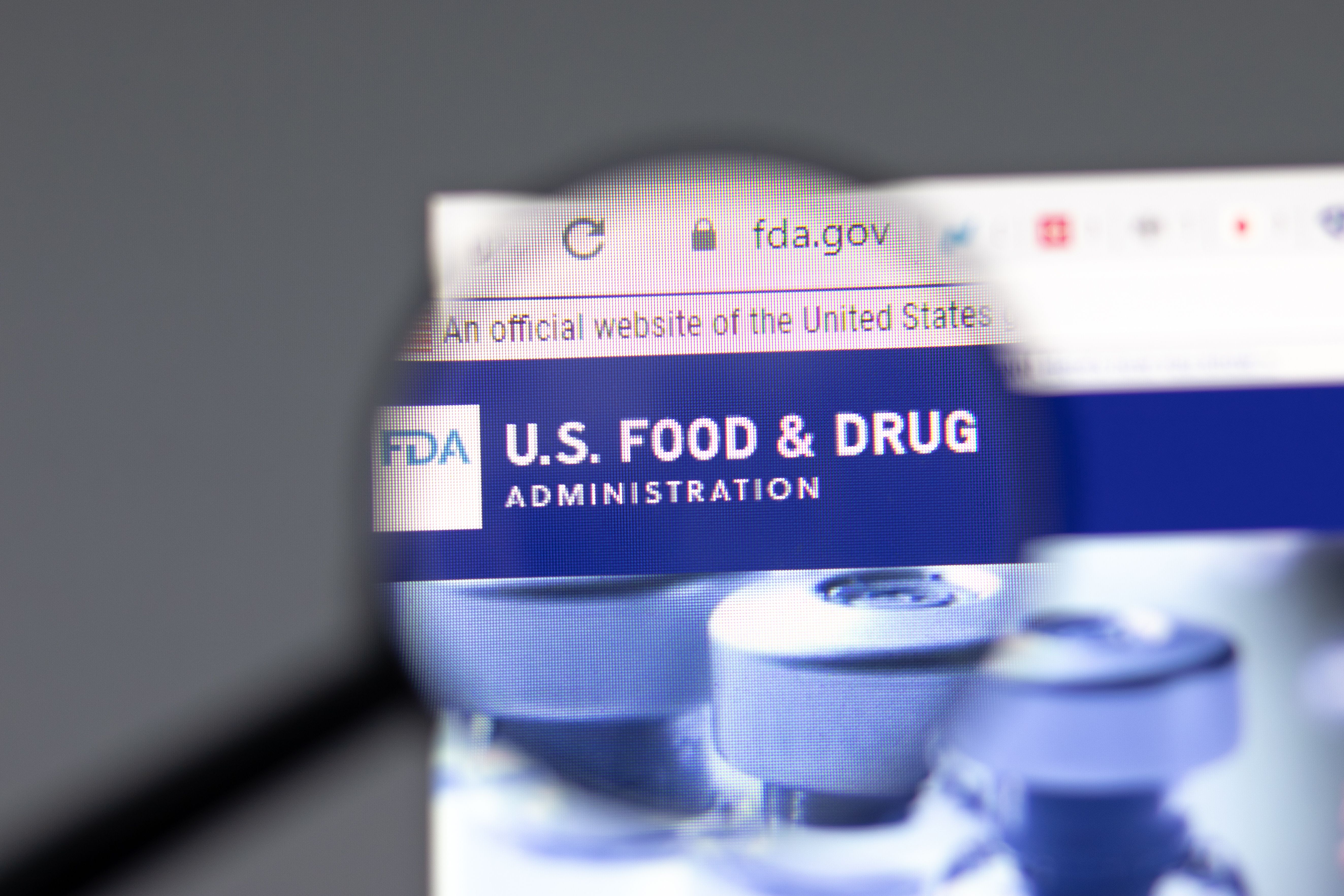- Bone Health
- Immunology
- Hematology
- Respiratory
- Dermatology
- Diabetes
- Gastroenterology
- Neurology
- Oncology
- Ophthalmology
- Rare Disease
- Rheumatology
Top 5 Most-Read Regulatory Articles of 2024
In 2024, significant biosimilar approvals were granted by the American and European regulatory agencies, including the first interchangeability designations for biosimilars referencing ustekinumab, adalimumab, denosumab, and aflibercept, marking key regulatory milestones in improving patient access to cost-effective treatments.
In 2024, several key regulatory milestones for biosimilars were reached. The FDA approved Wezlana, a biosimilar to Stelara (ustekinumab), with interchangeability, and the European Medicines Agency (EMA) followed with approval of Uzpurvo, the first Stelara biosimilar in Europe. The FDA also granted approval to Simlandi, a high-concentration adalimumab biosimilar, and Wyost/Jubbonti, the first denosumab biosimilars, all with interchangeability designations. Additionally, the FDA approved the first biosimilars referencing Eylea (aflibercept).
Here are the top 5 regulatory biosimilar articles in 2024.
Image credit: Postmodern Studio - stock.adobe.com

5. FDA Approves First Stelara Biosimilar, Wezlana
The FDA approved Wezlana (ustekinumab-auub), a biosimilar to the blockbuster drug Stelara, and granted it an interchangeability designation, allowing it to be substituted for Stelara at the pharmacy level without provider approval. Developed by Amgen, Wezlana is approved to treat various conditions including plaque psoriasis, psoriatic arthritis, Crohn disease, and ulcerative colitis. The approval was based on a phase 3 trial confirming Wezlana's comparable safety and efficacy to Stelara, and it marks the seventh biosimilar to receive the interchangeability designation.
To read the full article, click here.
4. EMA Approves First Ustekinumab Biosimilar, Uzpruvo
The EMA approved Uzpurvo, the first biosimilar referencing Stelara, for the treatment of Crohn disease, psoriatic arthritis, and plaque psoriasis. Developed by Alvotech and marketed by STADA Arzneimittel, Uzpurvo became available in July 2024 after the expiry of Stelara’s European Supplementary Protection Certificate. The approval follows positive clinical trial results and provides a cost-effective alternative to Stelara, potentially expanding patient access to ustekinumab treatments in Europe.
To read the full article, click here.
3. FDA Approves 10th Adalimumab Biosimilar, Simlandi
Alvotech received FDA approval for its adalimumab biosimilar, AVT02 (Simlandi), marking the company's first US approval and the 10th biosimilar referencing Humira (adalimumab). Simlandi is also the first high-concentration, citrate-free adalimumab biosimilar to be approved with interchangeability status, allowing it to be substituted for the reference product without physician approval, improving patient access. Teva Pharmaceuticals will commercialize the product in the US under an exclusive partnership, and Simlandi has already been approved in several international markets, including the European Union (EU) and Canada.
To read the full article, click here.
2. FDA Approves First Denosumab Biosimilars
The FDA approved Wyost/Jubbonti (denosumab-bddz; GP2411), the first biosimilar to reference Xgeva/Prolia in the US, for use in treating osteoporosis, hypercalcemia, and preventing skeletal-related events from bone metastases. Wyost and Jubbonti are interchangeable with Xgeva and Prolia, respectively, and represent the ninth biosimilars to receive such a designation. The approval is based on positive phase 1 and phase 3 study results, and Sandoz has highlighted the potential for these biosimilars to improve patient access to treatment for bone loss and cancer-related skeletal issues.
To read the full article, click here.
1. FDA Approves First Eylea Biosimilars
The FDA approved the first 2 biosimilars referencing Eylea for ophthalmic conditions: Yesafili (aflibercept-jbvf) from Biocon Biologics and Opuviz (aflibercept-yszy) from Samsung Bioepis. Both products are approved with interchangeability designations, allowing them to be substituted for Eylea at the pharmacy level without requiring physician approval, which could reduce wait times and address drug shortages. While Yesafili was approved in the EU and UK in 2023, the US launch is uncertain due to ongoing patent litigation involving Regeneron, the maker of Eylea.
To read the full article, click here.
Newsletter
Where clinical, regulatory, and economic perspectives converge—sign up for Center for Biosimilars® emails to get expert insights on emerging treatment paradigms, biosimilar policy, and real-world outcomes that shape patient care.
